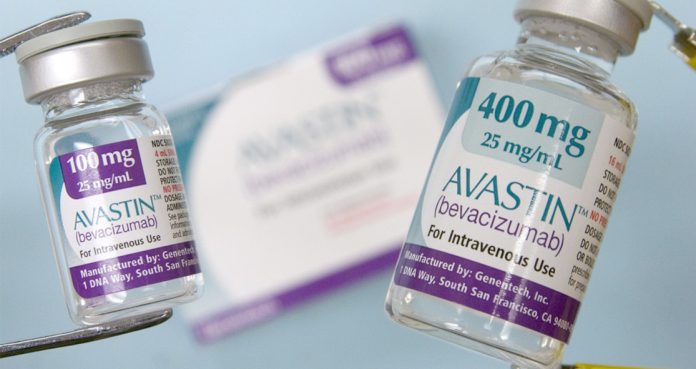According to research published Tuesday, cancer drugs that are approved quickly and hit the market based on their promising preliminary studies often fail to show clear benefits when more transparent and clear follow-up clinical studies are done.
The Food and Drug Administration (FDA) grant accelerated approval of these cancer drugs to give patients quicker access to cancer treatments and allow drug manufacturers to get the revenue sooner. The agency required drug manufacturers to conduct more studies to confirm whether the drugs are safe and effective.
In 2018, the FDA analyzed 93 cancer drugs that were granted quick approval and found that only five had to be removed from the market over a 25-year span. To understand what had happened with the rest of the cancer drugs, a research team at Harvard Medical School’s Program on Regulation, Therapeutics and Law conducted follow-up studies.
According to their studies, only 19 of the 93 cancer drugs benefited the lives of the patients.
For instance, a drug called Avastin (bevacizumab) won quick FDA approval to treat glioblastoma, a deadly brain cancer; however, it did not extend the patients’ lives and improve their quality of life in a follow-up study, yet the FDA left the drug on the market.
Dr. Bishal Gyawali, one of the researchers and an oncologist, said, “So that was the most baffling thing. I find it very difficult to understand.”
He added, “The reason for giving these approvals should be transparent, but the FDA doesn’t explain its reasoning.”
Dr. Richard Schilsky of the American Society of Clinical Oncology said, “The FDA gets pressure both from patients and from drug companies to accelerate approval of new cancer drugs and constantly needs to strike a balance between innovation and caution.” He added, “When the preliminary results with some of these new treatments are looking very promising, it’s particularly difficult to get patients to accept randomization to a standard therapy that may be far inferior – or at least appear to be far inferior – to the new treatment.”





















